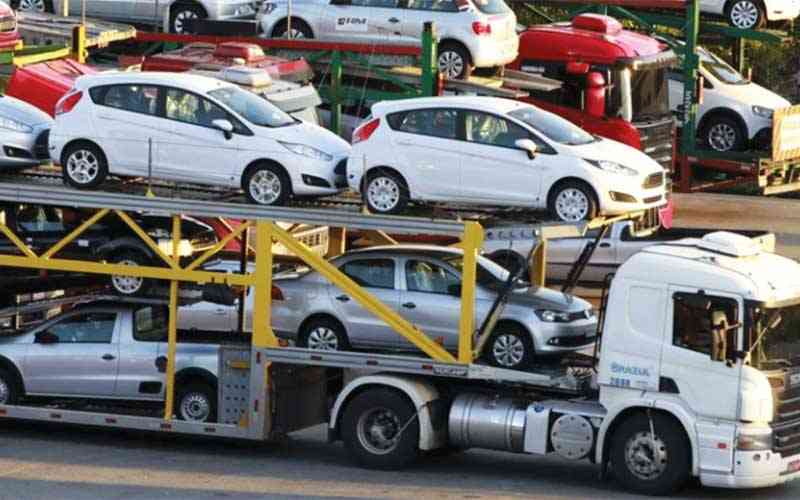
LAST week we published a story titled: Govt bans importation of 10-year-old used vehicles in which we were told that “second-hand vehicles aged 10 years and above from the date of manufacture shall not be imported” and that “any second-hand vehicle prohibited under this subsection shall be re-exported by the owner of the said vehicle at his or her own expense.”
Our layman reading of this ban is that government is most likely trying to stop the country from being turned into a dumping ground of old vehicles from other nations, which is quite a noble idea.
However, this has brought sadness in many ways than one.
Firstly, this is not the first time government has banned the importation of old second-hand vehicles, as our last week story pointed out.
The last time government made a similar directive was in 2020, but it made an abrupt about turn in 2021 following an ear-piercing public outcry as aggrieved nationals accused the State of being insensitive by not allowing poor citizens to own vehicles.
Nothing much has changed since then in terms of citizens’ economic status. In fact, things have changed for the worse for ordinary citizens who are struggling to make ends meet in an ever tanking economy. Things have gotten tougher for them. And the fact that they can no longer import cars they can afford, has worsened their situation.
The second sad bit about this development is that there is no cut-off date as to when the ban will take effect. If the ban is with immediate effect, then cry our beloved poor citizens, among them the poorly paid civil servants, whose vehicles were already being shipped to Zimbabwe.
Hundreds of vehicles aged 10 years and above must already be on ships and at such ports as Mombasa in Tanzania, Durban in South Africa and Windhoek in Namibia heading to Zimbabwe.
- Zim headed for a political dead heat in 2023
- Record breaker Mpofu revisits difficult upbringing
- Tendo Electronics eyes Africa after TelOne deal
- Record breaker Mpofu revisits difficult upbringing
Keep Reading
Honestly speaking, there is no worse cruelty than this for a government to be so elitist as to dump the majority of its citizens in the gutter simply because it can afford brand new vehicles.
We would have expected the government to at least indicate a cut-off date to allow citizens time to avoid the pain and stress of being asked to re-export vehicles they invested untold bloody sweat and tears to import.
The entire decision appears to have been kneejerk given that government had to fish out a 50-year-old colonial “Section 4(1) of the Control of Goods (Import and Export) (Commerce) Regulations, 1974, published as General Notice 766 of 1974” in the Rhodesian Government Gazatte to craft Statutory Instrument 54 of 2024 Control of Goods (Import and Export) (Commerce) (Amendment) Regulation, which has banned the importation of the 10-year-old and above vehicles.
Our third bone of contention is that for the past 20 years or so our country has seen an unprecedented exodus of citizens to the diaspora in search of greener pastures, and while there they have purchased vehicles which they obviously wish to bring back home.
Did government spare a thought about this constituency of vehicle importers when it decided to ban the importation of the 10-year-old and above vehicles? From the look of things, government never remembered them, which is most unfortunate.






